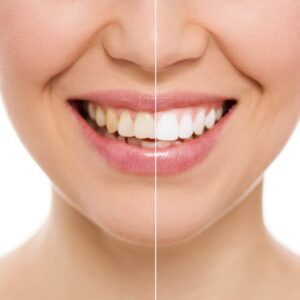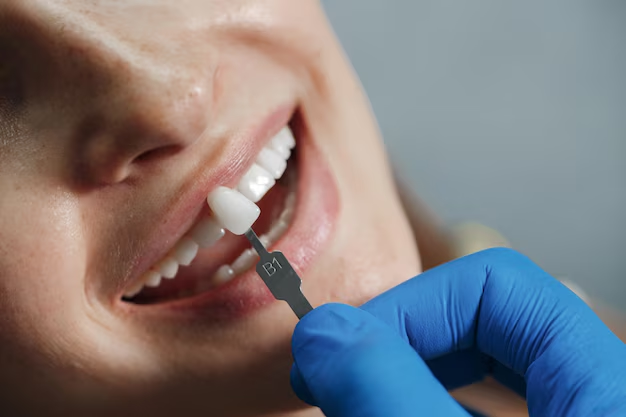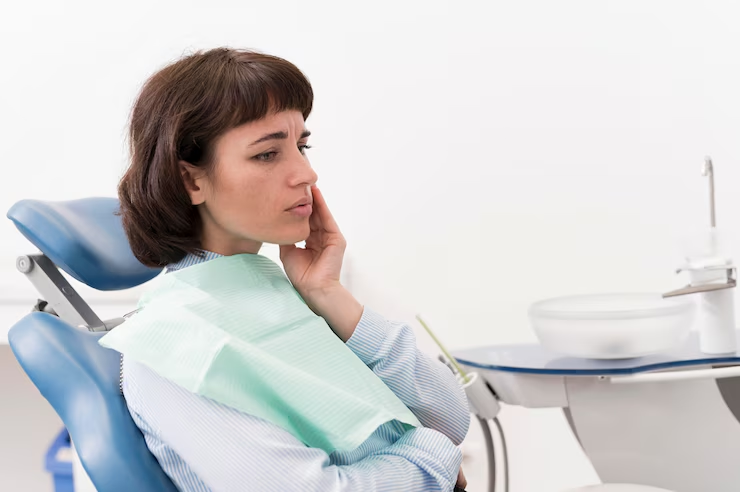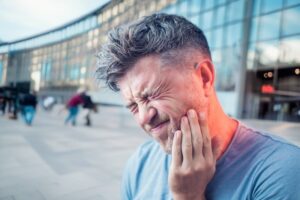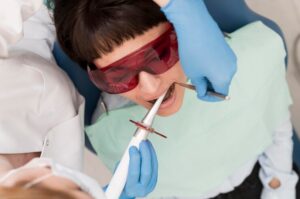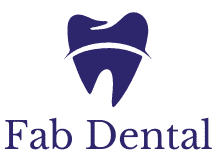
Brushing your teeth is a fundamental part of daily oral care, but are you brushing correctly? Many people don’t realize how much brushing their teeth truly impacts their overall dental health. In this blog, we’ll dive into five essential facts about brushing your teeth that can improve your oral hygiene routine.
1. Brushing Removes Plaque and Prevents Tooth Decay
Plaque is a sticky film of bacteria that forms on your teeth, and if it isn’t removed regularly, it can lead to cavities and gum disease. Brushing your teeth twice a day helps remove plaque, preventing it from hardening into tartar, which can only be removed by a dentist or hygienist.
Tip: Brush for at least two minutes, ensuring you cover all surfaces of your teeth and gums. Don’t forget the back molars and along the gumline!
2. Using the Right Technique is Crucial
How you brush matters just as much as how often you brush. Brushing too hard or with the wrong technique can harm your gums and enamel, leading to tooth sensitivity and receding gums. Instead, use gentle circular motions and a soft-bristled toothbrush to effectively clean your teeth without causing damage.
Tip: Avoid a back-and-forth scrubbing motion, and instead, use gentle circular strokes to clean your teeth.
3. Fluoride Toothpaste Strengthens Your Enamel
Fluoride is a mineral that helps strengthen tooth enamel and prevents cavities. It helps repair areas of early tooth decay by remineralizing weakened enamel. Brushing with fluoride toothpaste helps protect your teeth against the acids in food and beverages that can erode enamel over time.
Tip: Always choose toothpaste with fluoride for added protection and cavity prevention.

4. Brushing After Meals – But Wait a While
While it’s essential to brush after meals, it’s important to wait a bit if you’ve eaten acidic foods, such as citrus, coffee, or soda. Brushing immediately after consuming acidic foods can damage your enamel while it’s in a weakened state.
Tip: Wait about 30 minutes after eating acidic foods before brushing your teeth to prevent enamel damage. In the meantime, rinse your mouth with water or chew sugar-free gum.
5. Brushing is Not Enough – Flossing is Key Too
Brushing your teeth alone isn’t enough to keep your mouth healthy. Toothbrush bristles can’t reach the tight spaces between your teeth where plaque and food particles hide. Flossing is essential to remove debris and plaque between your teeth, preventing cavities and gum disease.
Tip: Make flossing a part of your daily routine to complement your brushing efforts and achieve a complete clean.
FAQs About Brushing Your Teeth
How often should I brush my teeth?
You should brush your teeth at least twice a day – once in the morning and once before bed. If you can, brushing after meals can help remove food particles and plaque.
How long should I brush my teeth?
Brush your teeth for at least two minutes each time. This ensures you thoroughly clean all areas of your teeth and gums.
Should I brush my teeth immediately after eating?
If you’ve eaten acidic foods, it’s best to wait about 30 minutes before brushing your teeth to avoid damaging softened enamel. Rinse with water or chew sugar-free gum in the meantime.
What type of toothbrush should I use?
Use a soft-bristled toothbrush to avoid damaging your gums and enamel. Choose a toothbrush that fits comfortably in your mouth and allows you to reach all areas of your teeth.
Is it really necessary to floss?
Yes! Flossing is essential because it cleans between your teeth, areas that your toothbrush cannot reach. It helps prevent cavities and gum disease.
“Brushing your teeth is the first step to maintaining a healthy smile, but brushing effectively, with the right technique and using fluoride toothpaste, is what truly makes the difference.”
— Dr. Alag, DDS, FAGD, Fab Dental Hayward.
Conclusion
Brushing your teeth is one of the most important habits for maintaining good oral health, but it’s essential to do it correctly. By brushing with the right technique, using fluoride toothpaste, and incorporating flossing into your routine, you can protect your teeth from decay, gum disease, and sensitivity. If you need any guidance on how to improve your oral hygiene routine, don’t hesitate to visit Fab Dental Hayward for expert advice and care.

